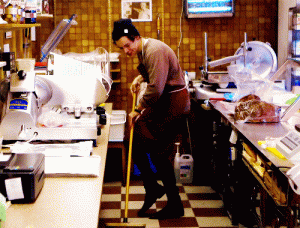
Housework is a good habit to prevent diseases and keep healthy. It can exercise all joints and muscles and reduce the risk of hypertension, heart disease, diabetes, obesity and other diseases.
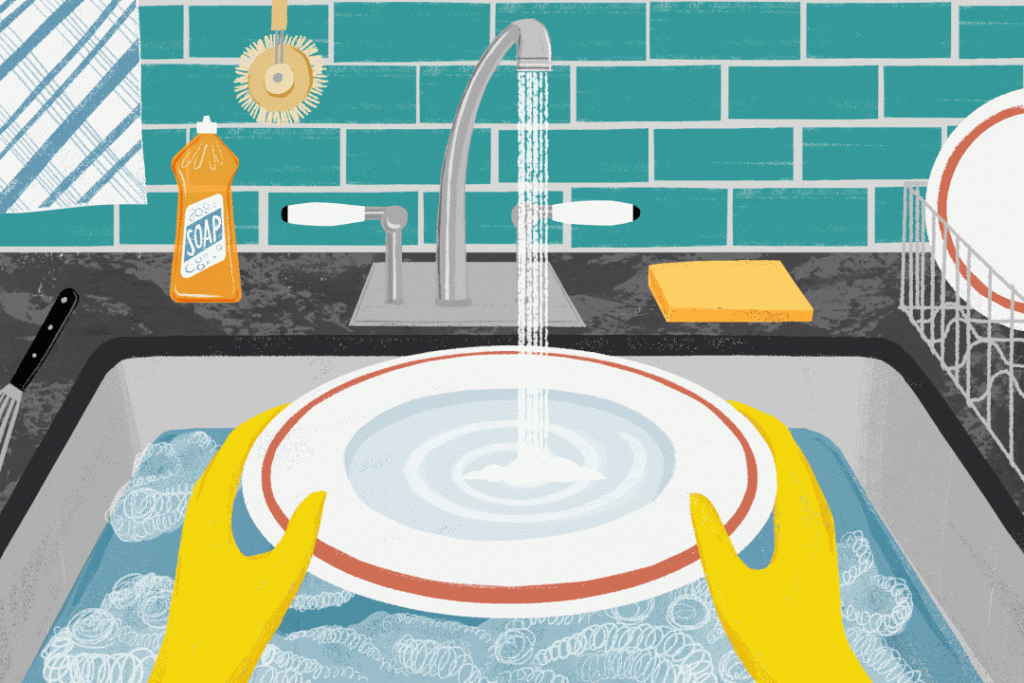
Even just cooking and washing dishes can effectively reduce the risk of death as long as you stick to it every day.
What’s the difference between doing housework vs not doing housework?
After studying 130000 people in 17 countries, McMaster University in Canada found that doing housework five times a week for half an hour each time can achieve fitness effect and even reduce mortality by 28%.
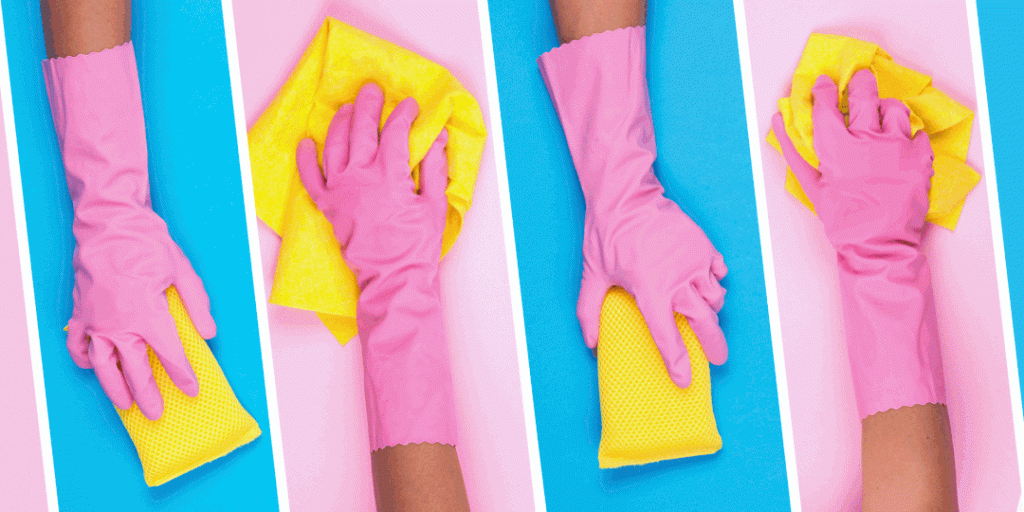
Take women weighing 50kg for 30 minutes as an example:
Washing dishes and ironing clothes can consume 47 kcal; Glass cleaning can consume 84 kcal; Cooking can consume 86 kcal; Cleaning the bathroom and sweeping the floor consume 91 kcal; Washing clothes can consume 105 kcal.
Men do housework vs. don’t
A study by the medical center of the University of Rotterdam in the Netherlands found that men who do housework will live an average of one year longer, and men who often do gardening can live an extra 2.7 years.
Researchers from the General Hospital of the Chinese people’s Liberation Army and the University of science and technology of China studied 13000 Chinese urban men aged between 35 and 78 and found that:
Compared with men who never do housework, men who do housework for less than 2 hours a day reduce their risk of diabetes by 20%, and the risk of diabetes is reduced by 40% over 2 hours.
Women do housework vs. don’t
Researchers at the State University of New York at Buffalo analyzed more than 6000 white, African American and Latino American women aged 63-99 and found that participants who engaged in minor activities such as folding clothes and mopping the floor for 30 minutes a day had a 12% lower risk of death than those who were basically immobile.
Different household chores have their own health benefits
Daily housework can be divided into heavy and light. Car washing and moving furniture are heavy housework. Dusting, washing dishes, hand washing clothes, drying clothes, cooking, etc. can be classified as light housework.
Each household chore has a unique health effect:
Laundry and cooking: not prone to cognitive impairment
Cooking every day can produce a benign stimulation to the brain.
This is because cutting vegetables into different shapes such as silk, slice and Ding, mastering the cooking heat, and grasping the amount and sequence of seasonings such as oil, salt and soy sauce belong to fine operation, which can exercise hand eye coordination ability and memory, which is equivalent to daily cognitive function training.
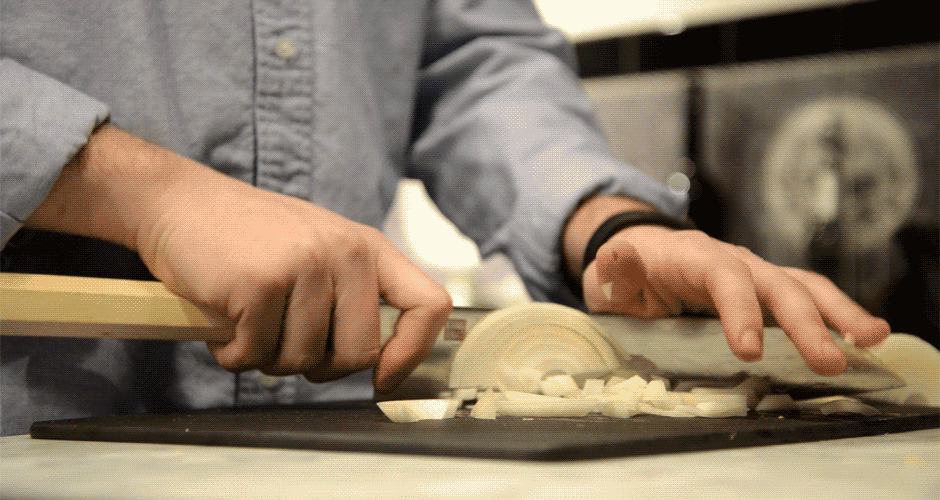
Mopping the floor and cleaning the windows: exercise the upper limbs and waist
Household chores such as mopping the floor, sweeping, cleaning windows and washing the car need to go back and forth. At the same time, it can also use more upper limbs and waist to increase the flexibility and flexibility of waist muscles.
Finishing clothes: exercise joints
Finishing clothes requires walking back and forth, folding, homing and other steps, muscles and joints can be stretched, and more endurance and joint exercises.
Buy vegetables and walk the dog: enhance cardiopulmonary endurance
Going out to buy vegetables and walk the dog all need to walk. This kind of housework is close to walking and fitness, which virtually increases the amount of activity.
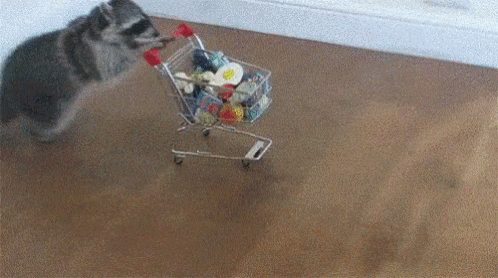
When walking a dog, it is mainly walking or running. It also needs some strength to pull the dog walking rope, which can enhance cardiopulmonary endurance and exercise the strength of upper limbs.
Clean the room: make people feel happy
Cleaning the room can not only enjoy the warmth of the family, but also stimulate neurotransmitters in the brain, promote the secretion of dopamine, serotonin and norepinephrine, increase happiness and alleviate adverse emotions such as anxiety and depression.
Heavy housework: promoting vascular health
Heavy housework has a large amount of activities, which can promote vascular health, reduce the risk factors of heart disease such as hyperlipidemia, hypertension and insulin resistance, and fully exercise lung function, improve muscle tension, reduce mental tension and consume excess calories.
There is a “best order” for family cleaning
Be prepared and orderly cleaning can improve efficiency. Household appliances, clothes and sundries, if placed disorderly, will slow down the cleaning process. First dispose of the sundries and let the items return to their places, so that the subsequent cleaning can be carried out smoothly.

Room sequence: kitchen → bedroom → living room → toilet
The kitchen is the hardest hit area of hygiene, so you should clean the kitchen when you are just starting to clean.
First the bedroom and then the living room, because it is inevitable to pass through the living room when cleaning the bedroom, so as to avoid getting in and out of the clean living room. The whole cleaning process will frequently go in and out of the toilet, so it should be cleaned at the end.
Kitchen cleaning sequence: cabinet – electrical appliances – wall. When cleaning electrical appliances and cabinets, sewage may splash on the wall, so the wall and countertop remain at the end.
Cleaning sequence of bedroom and living room: ceiling – Window – Furniture – floor. Clean the bedroom before the living room to avoid getting in and out of the clean living room.
Sanitary cleaning sequence: Sanitary Ware – ceramic tile – floor. It should be noted that although it is not difficult to clean under the water tank and toilet, it is easy to be ignored. Pay attention to these sanitary dead corners when cleaning.
Spatial order: from top to bottom, from inside to outside
When cleaning each room, we should follow the order of roof – wall – glass – household appliances and furniture – floor, which can improve work efficiency and reduce useless work.
When cleaning and wiping drawers, cabinets and other furniture, it shall be in the order from inside to outside.
Keep five key points in mind and don’t hurt yourself by doing housework
Although it is good to do housework, we should also do according to our ability, otherwise we may have problems such as lumbar muscle strain, cervical spondylosis, periarthritis of shoulder and so on. No matter what kind of housework you do, you should pay attention to the following principles:
Division of labor between men and women, choose suitable housework
Generally speaking, men are suitable for heavy housework such as changing the bucket of water in the water dispenser, washing the car and wiping the floor. Women are suitable for light housework such as washing dishes, folding clothes, buying vegetables, choosing vegetables and throwing garbage, but they should also be determined according to their own conditions.
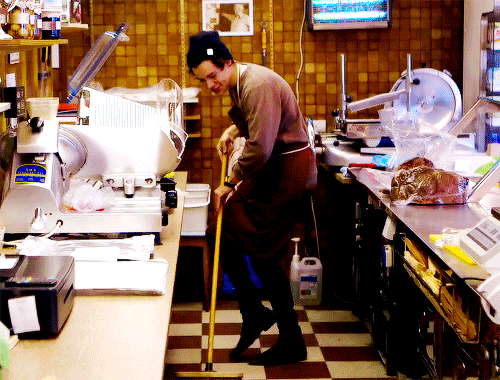
For example, people with tennis elbows are not suitable for holding children and carrying heavy objects, and people with intervertebral disc herniation are not suitable for housework that requires bending for a long time, so as not to aggravate their condition.
Properly let children undertake some housework, which can start from tidying up toys, preparing tableware, folding clothes and quilts.
Avoid repeating the same action for a long time
Maintaining the same posture for a long time or repeating the same action, such as bending down to wipe the floor, washing dishes and cutting vegetables for a long time, is easy to make some muscles ache and strain.
It is not recommended to save housework for the weekend. Do it for 30 ~ 50 minutes every day. It is more appropriate to feel a little tired, slightly sweating and wheezing.
When doing housework, you can move your cervical spine, lumbar spine, wrist, etc. don’t finish it in one breath.
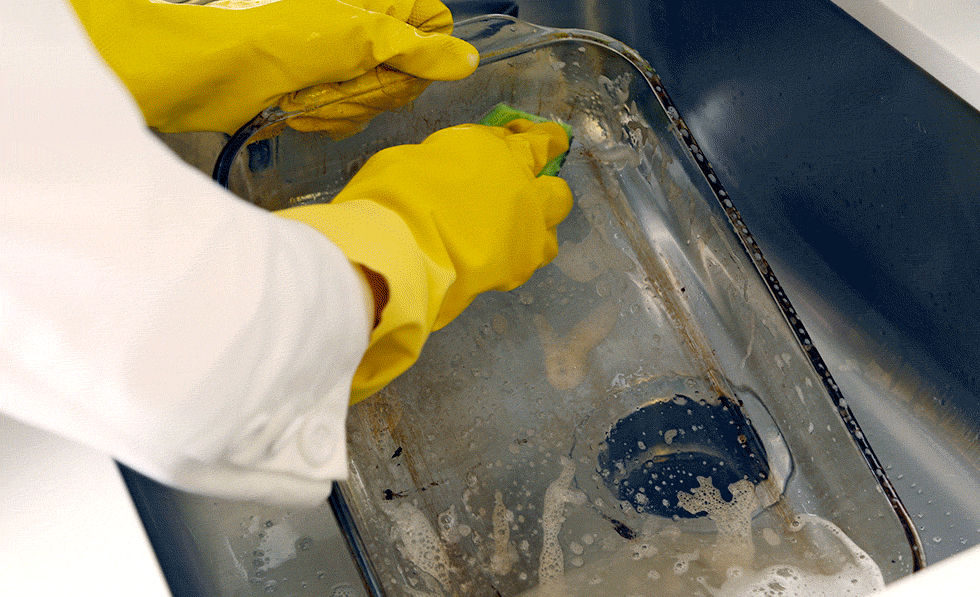
Start slowly and turn slowly to protect blood vessels
When bending over to wash dishes and clothes, if you suddenly get up or twist your body, it is easy to flash to your waist.
Elderly people who like to sit on a small bench to choose vegetables and wash clothes should pay particular attention to getting up in a hurry.
Standing suddenly after sitting for a long time, the head position rises rapidly, and the heart has not had time to transport enough blood to the brain, resulting in postural hypotension, which is very easy to fall.
It is recommended to get up slowly after sitting for a long time. You can get up with the help of large and solid furniture such as cabinets and tables around you, or by holding the wall.
When carrying heavy objects, bend your legs without bending down
When carrying heavy objects such as sofas and boxes, do not bend down and lift them directly. Squat down first, straighten your back, take the heavy objects well, and then stand up with leg strength, so as to “bend your legs without bending down”.
Older people should act according to their ability and try to avoid household chores such as lifting heavy objects and climbing to clean the roof. Such work should be handed over to young people.
Smoke prevention during cooking
When cooking, it will produce smoke such as carbon monoxide and carcinogen benzopyrene, which is strongly irritating to the mucous membrane of nose, eyes and throat.
It may cause cough, tears, headache and other symptoms, or it may induce respiratory diseases such as rhinitis, pharyngitis and tracheitis. Long term inhalation of oil fume will also increase the risk of lung cancer.
It is recommended to turn on the range hood throughout the cooking process and continue to turn on it for 10 ~ 20 minutes after dinner to avoid lampblack residue; Pay attention to wearing aprons, hats and masks to isolate pollutants.
Comments